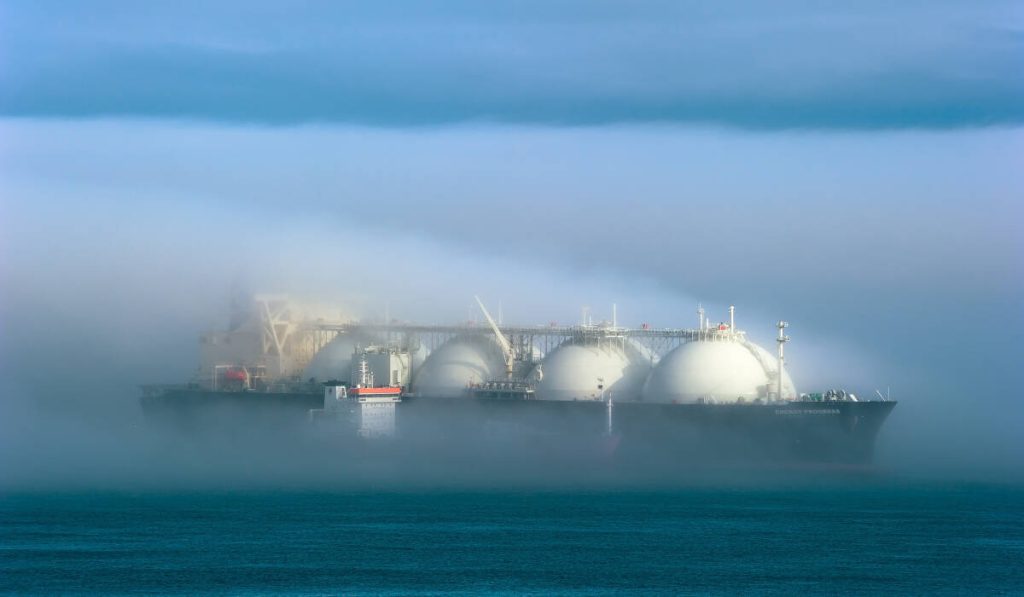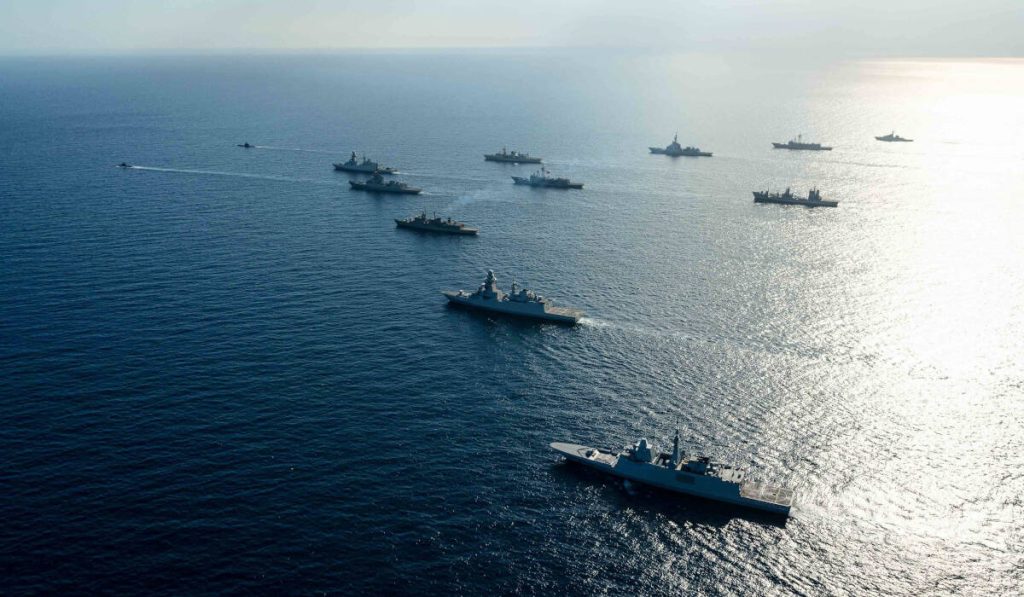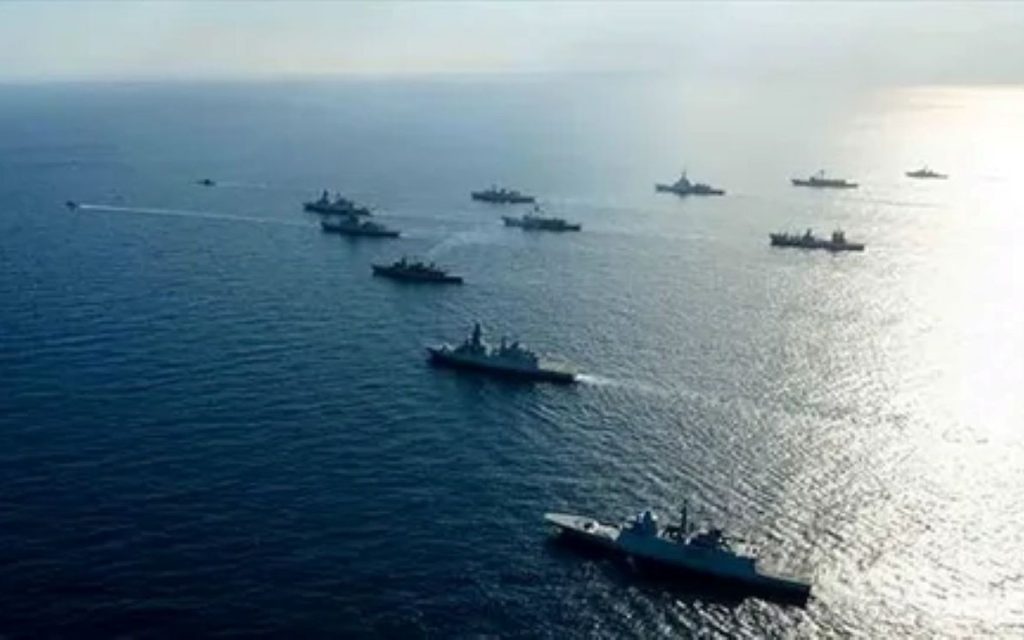The Italian government has chosen Stefano Beltrame as the new ambassador to Moscow. The decision was announced by Foreign Minister Antonio Tajani, who at the same time promoted the current ambassador Cecilia Piccioni to head of the Directorate General for Political Affairs (Dgap), with the additional role of deputy secretary-general as part of the reform of the Foreign Ministry.
Beltrame’s appointment comes at a delicate moment for relations between Italy and Russia, marked by tensions linked to the war in Ukraine, but also by internal political balances and changes in the international scenario.
A diplomat close to the League
Beltrame, 65, originally from Veneto, has had a long career in Italian diplomacy but is also close to the League. He currently serves as diplomatic advisor to Economy Minister Giancarlo Giorgetti and was previously an advisor to Matteo Salvini during his time at the Interior Ministry and under the first Conte government. His relationship with the party is strong even at the regional level: Veneto governor Luca Zaia, who once relied on Beltrame as an advisor, was among the first to congratulate him, highlighting his experience and competence.
His presence in Moscow is therefore not only a technical choice but also a political one. In the past, Beltrame accompanied Salvini on his trips to Russia and was involved, as an advisor, during the so-called Metropol affair, related to the alleged—later dismissed—attempt to secure Russian funding for the League.
The political weight of the appointment
Beltrame’s designation is seen as a sign of appeasement toward the Kremlin. Despite official statements remaining firm—Tajani has mentioned new financial sanctions and the Prime Minister has reiterated Italy’s distance from Moscow—the choice of an ambassador not opposed by Russia could prove useful.
The international context has also shifted: with the new Trump administration in the United States, dialogue with Russia has regained momentum, opening space for a less rigid approach than in previous years. Beltrame’s appointment also reflects the internal balance within Italy’s ruling coalition, in which Brothers of Italy, the League, and Forza Italia constantly negotiate their spheres of influence.
Gianluca Savoini’s opinion
We asked Gianluca Savoini, a long-time observer of Italy-Russia relations, for his thoughts. His view is clear:
I don’t know if this is a sign of a change in geopolitical direction, but I have been hoping for it for some time. After the war ends, with Russia’s victory, we will need to return to looking at Moscow with respect and a spirit of cooperation, as was traditionally the case before the Ukraine affair, which was triggered by a very precise Atlanticist and globalist strategy not in 2022, but in 2013 with the Maidan coup. I believe Italy must pursue its own interests, not those of a European Union dominated by a clique of warmongers who lash out at anyone—Trump first and foremost—who dares to utter the word ‘peace’.
A judgment that confirms how Beltrame’s appointment is not just an administrative act, but also a political signal that elicits different and often opposing interpretations.
A career across the Middle East, Asia, and the United States
Beltrame is a seasoned diplomat with a solid career path. He joined the Foreign Ministry in 1991, starting at the Directorate General for Economic Affairs. In 1993 he was appointed deputy head of mission at the Italian Embassy in Kuwait, where he served until 1998.
He then worked at the Embassy in Bonn as commercial secretary and, from 1999 to 2001, as First Secretary. From 2001 to 2003, he served at the Directorate General for Relations with the Middle East and North Africa, before being appointed deputy head of mission in Tehran (2003–2006).
Between 2006 and 2010, he served as first counselor at the Italian Embassy in Washington, before returning to Veneto as diplomatic advisor to Governor Luca Zaia. From 2013 to 2018, he headed the Italian Consulate General in Shanghai, further strengthening his experience in Asia. In the following years, he worked as diplomatic advisor at the Interior Ministry and, more recently, at the Economy Ministry.
The task ahead
Beltrame arrives in Moscow with a role of major responsibility. His mission will be to manage bilateral relations at a time when Italy must balance alignment with European and Atlantic positions with the need to maintain open channels of communication with the Kremlin.
His profile—bridging career diplomacy and political ties—makes him a key figure in the government’s attempt to balance official firmness with pragmatic engagement. A challenge that, in the shadow of the Kremlin, will be closely watched in Rome, Brussels, and Washington.











